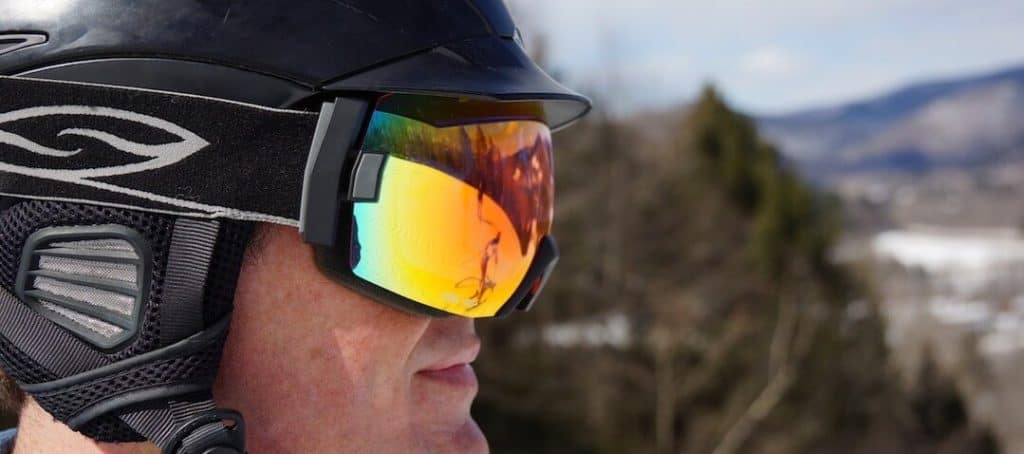
By Lisa Lynn, VT Ski & Ride
On the night of March 10, Jon Schaefer read an article about the spread of COVID-19. He turned off the lights and went to sleep. “Five minutes later, I woke up and knew what we had to do,” he said.
Schaefer runs Berkshire East (the ski area in northwestern Massachusetts that his family has owned or operated since 1977) and Catamount, a neighboring ski area. He shut them both down on March 12. They were the first ski areas to close in the Northeast and, possibly, the country, due to the pandemic.
Schaefer said, “I’d been talking with a friend of mine who is the anesthesiologist who intubated the first person to be diagnosed with coronavirus in Vermont. My wife is a physician’s assistant at Berkshire East Medical Center. I knew it was the right thing to do.”
This past Friday, March 27, another light bulb went off. “A friend who is a physician in New York emailed me asking for ski goggles for the health care workers there. That email went out to six of us,” he said. “Within 20 minutes, I was getting that same email forwarded to me from other friends. All I could think of is, jeez, this doctor is going to get 10,000 pairs of Smith goggles sent to his house and that’s not a very efficient use of resources.”
That’s how Goggles for Docs was born.
Schaefer started a Google sheet and a contact list. Pretty soon, the list of hospitals signing up went from one to six. The next day he woke up to 500 emails.
Schaefer, a former Middlebury College Div. 1 ski racer, reached out to Greg Blanchard who works at Inntopia, a Stowe-based ski resort software company run by another Middlebury College grad, Trevor Crist. Earlier this month, Inntopia modified its resort booking software so it could be used to book COVID-19 tests.
“Greg and I started fleshing out a website on a phone call. The site went online at 2 p.m. on Saturday. Even as we were on the phone building this, three more hospitals signed up.”
As of Monday morning, more than 7,000 pairs of ski goggles –used and new—were being promised to hospitals in seven states and requests have come in from hospitals as far away as New Zealand and Spain.
“I’m not sure how it works on their end, but doctors have told me two things: first, that they need goggles as COVID-19 can be transmitted with, say a direct cough to the eyeball, and second, that they can take care of disinfecting and distributing them.”
While Schaefer’s wife is not currently wearing goggles, Schaefer said that Berkshire Medical Center has put in an order for 400 and will be receiving 60 on Monday, March 30.
“I didn’t wake up this week thinking I was going to be the COVID Goggle Guy — we have a lot to take care of at our businesses now, too,” said Schaefer. “It was just one thing that we as a ski industry could do to help.”




